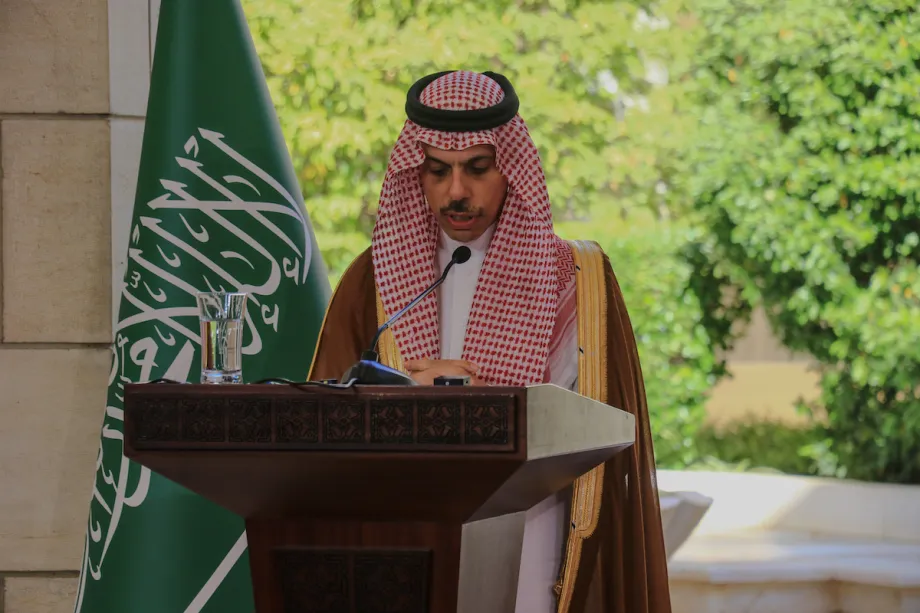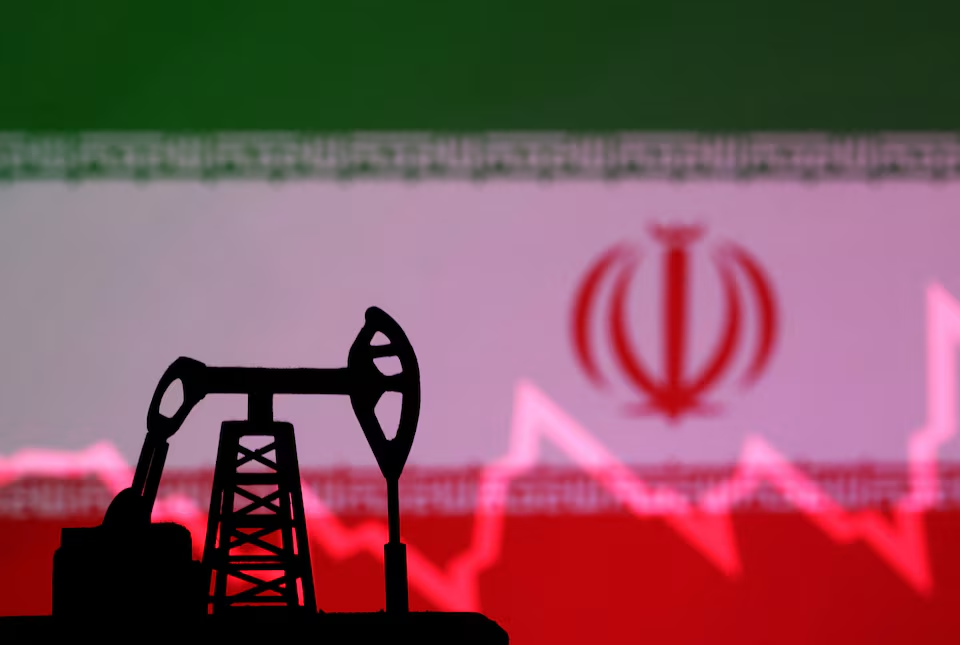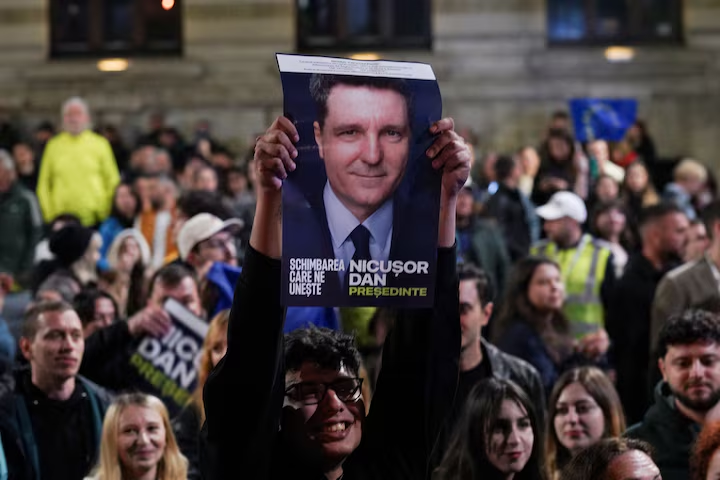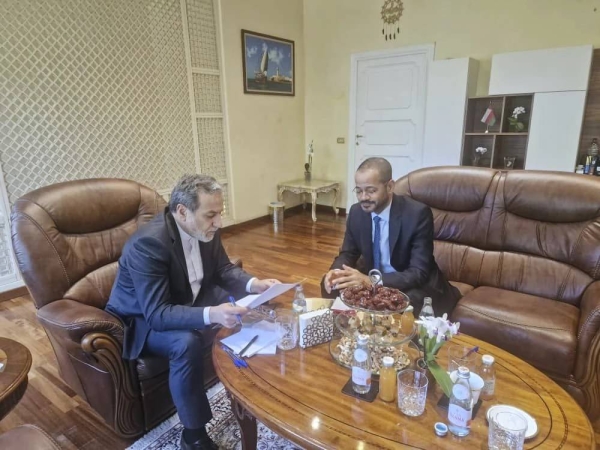Saudi Arabia has denounced Israel’s decision to block an official Arab diplomatic delegation from entering the occupied West Bank, calling the move an act of “extremism” that undermines efforts to support Palestinians and achieve regional peace. The delegation, which included senior officials from Saudi Arabia, Jordan, and Egypt, had planned to visit Ramallah and meet with Palestinian Authority leaders before being denied entry by Israeli authorities.
The incident, which occurred on June 2, has drawn sharp criticism from across the Arab world. Saudi Arabia’s Foreign Ministry released a strongly worded statement condemning Israel’s actions and accusing it of deliberately obstructing Arab solidarity with the Palestinian people.
“This blatant denial of entry to an Arab delegation reflects the extremist policies of the Israeli government,” the statement said. “Such actions not only escalate tensions on the ground but also block the path toward any credible peace process.”
According to regional media reports, the delegation was scheduled to meet Palestinian President Mahmoud Abbas and tour humanitarian projects in Ramallah, as part of a broader diplomatic effort to coordinate Arab support amid ongoing Israeli military operations in Gaza and rising settler violence in the West Bank.
Israeli authorities have not officially commented on the entry denial, but Israeli media suggested the decision was made on security grounds. Some Israeli lawmakers aligned with the far-right elements of the current governing coalition reportedly objected to the visit, accusing the delegation of promoting a one-sided narrative.
Jordanian and Egyptian officials have echoed Saudi Arabia’s condemnation, warning that Israel’s refusal to allow legitimate diplomatic engagement with the Palestinian Authority threatens to further destabilize the region.
“The occupation cannot silence our support for our Palestinian brothers and sisters,” said Jordanian Foreign Minister Ayman Safadi. “This action will only reinforce our resolve to pursue justice for Palestine.”
The blocked visit comes amid heightened tensions in the occupied West Bank, where Israeli military raids and settler violence have surged in recent months. Human rights organizations have reported an increase in home demolitions, arrests, and civilian casualties, drawing international concern.
The Palestinian Authority criticized the move as a violation of diplomatic norms and called on the international community to hold Israel accountable. “Preventing Arab diplomats from visiting their brothers in Palestine is an affront to every Arab and every supporter of peace,” said Nabil Abu Rudeineh, spokesperson for President Abbas.
Observers say the incident may also impact ongoing regional normalization talks. While Saudi Arabia has maintained unofficial contacts with Israel in recent years, progress toward formal diplomatic ties has slowed significantly amid the war in Gaza and Israeli Prime Minister Benjamin Netanyahu’s right-wing policies.
“The blocking of this visit could be a tipping point in how Arab states approach normalization,” said Dr. Hanan Khatib, a political analyst based in Amman. “It reveals the deep contradictions in Israel’s approach to regional diplomacy while it continues to entrench occupation.”
The Arab League is reportedly preparing a joint statement on the incident, and several member states are calling for an emergency session to address what they view as a deliberate provocation.
As the diplomatic fallout continues, Saudi Arabia reaffirmed its support for the Palestinian cause and emphasized that it will continue working with its Arab partners to press for a two-state solution, end the occupation, and uphold the rights of Palestinians under international law.
Source; Middle East Monitor



